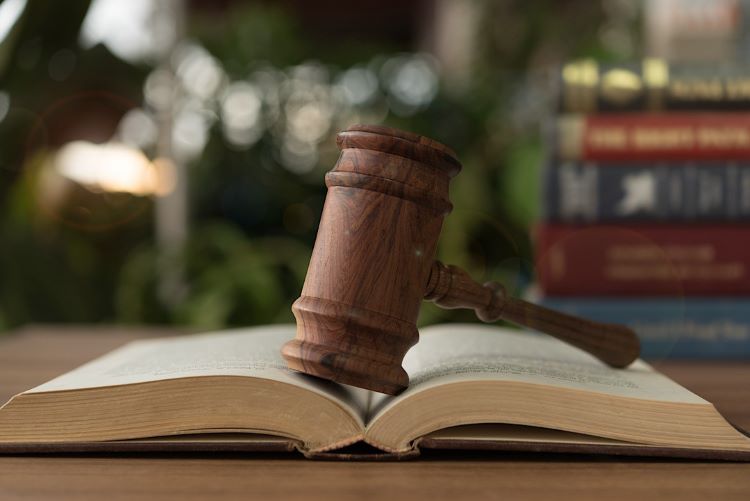 Civil litigation encompasses a broad spectrum of legal disputes where individuals, businesses, or organizations seek resolution for non-criminal matters. Understanding the intricacies of the civil litigation process can be daunting for clients embarking on this path. This guide aims to provide an overview of the civil litigation process, offering clarity on what clients can expect during their legal journey.
Civil litigation encompasses a broad spectrum of legal disputes where individuals, businesses, or organizations seek resolution for non-criminal matters. Understanding the intricacies of the civil litigation process can be daunting for clients embarking on this path. This guide aims to provide an overview of the civil litigation process, offering clarity on what clients can expect during their legal journey. Understanding Civil Litigation
Civil litigation is the process of resolving legal disputes in a court of law where plaintiffs seek compensation or other remedies from defendants. Unlike criminal cases, civil cases typically involve private disputes between persons or organizations.
The Stages of Civil Litigation
Consultation and Hiring an Attorney
Initial Consultation: The process begins with consulting a lawyer to discuss the merits of your case.
Attorney Selection: Choose an attorney who specializes in the relevant area of civil law and has a track record of successfully handling similar cases.
Investigation and Pleading
Case Investigation: Your attorney will conduct a detailed investigation to gather evidence and build a strong case.
Filing of Pleadings: The plaintiff’s attorney files a complaint, and the defendant responds with an answer, counterclaim, or motion.
Discovery Phase
Exchange of Information: Both parties exchange relevant information and evidence. This stage is crucial for gathering the facts and understanding the opposing party’s case.
Depositions and Interrogatories: Parties may be required to answer questions under oath or provide written responses to questions.
Pre-Trial Motions and Conferences
Motion Hearings: Parties may file motions to resolve procedural or substantive issues before trial.
Pre-Trial Conferences: These meetings aim to narrow the issues for trial and encourage settlement.
Trial
Presentation of Cases: Both parties present their cases, including opening statements, witness testimonies, and closing arguments.
Verdict: A judge or jury examines the evidence and makes a decision or verdict based on the law and facts presented.
Settlement or Appeal
Settlement Negotiations: Many civil cases are settled before reaching trial. Settlements can occur at any stage of the process.
Appeals: If a party is dissatisfied with the verdict, they can appeal to a higher court.
What Clients Can Expect
Time Commitment: Civil litigation can be a lengthy process, often taking months or years to resolve.
Emotional Toll: Litigation can be emotionally taxing. Clients should be prepared for the stress associated with legal disputes.
Costs: Be aware of the potential costs involved, including attorney fees, court costs, and expenses related to the litigation process.
Navigating the world of civil litigation requires patience, understanding, and the right legal support. Clients should actively engage with their legal representation, stay informed about their case, and be prepared for the various stages of the litigation process. With the right approach and guidance, clients can navigate the complexities of civil litigation with confidence.
Sources:
- American Bar Association – Introduction to Civil Litigation
- National Center for State Courts – Overview of the Civil Legal Process
- Legal Resource Guide for Civil Litigation










